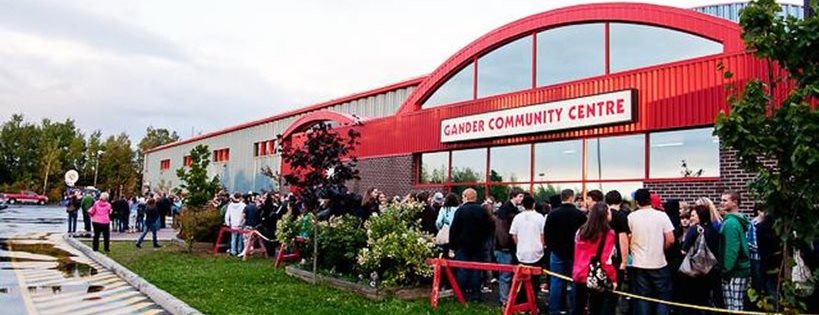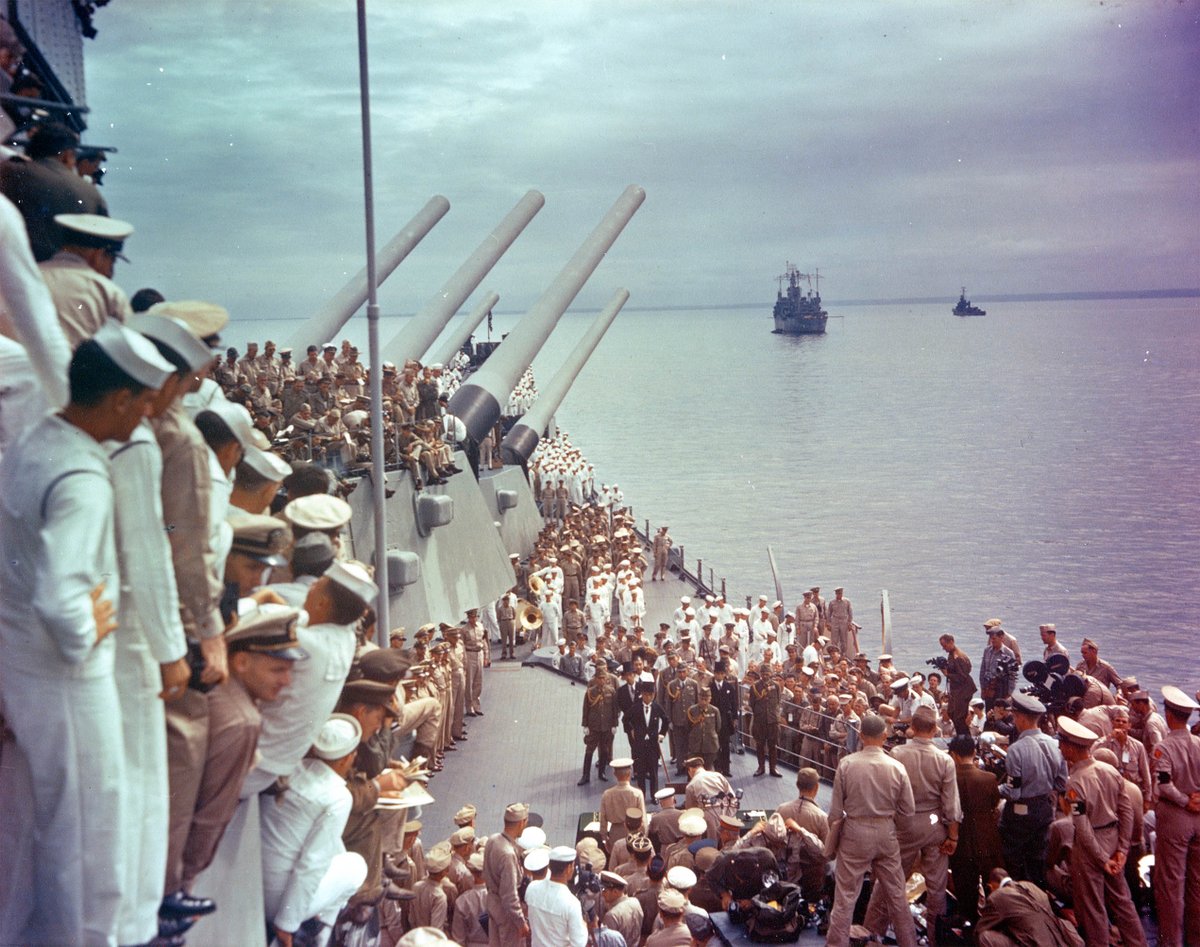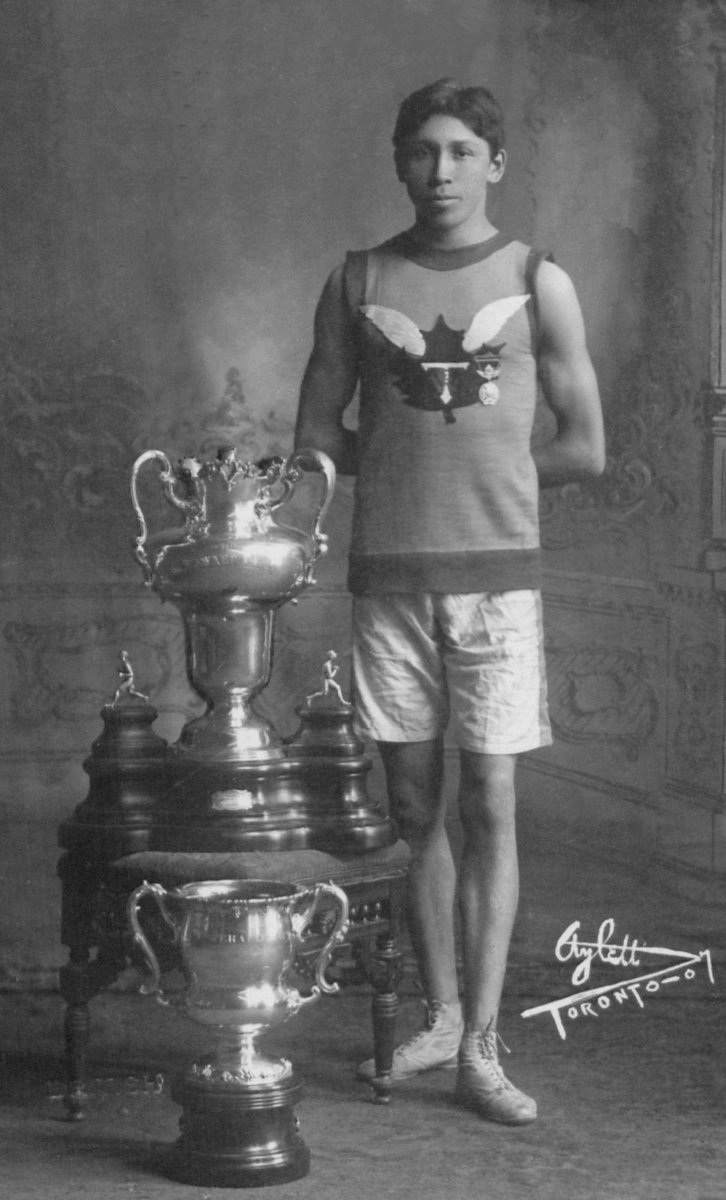
They were halfway to America when the pilot made an announcement.
“We’ll be landing in Gander, Newfoundland.”
What? Why? Where’s Gander? Newfoundland?
“We’ll be landing in Gander, Newfoundland.”
What? Why? Where’s Gander? Newfoundland?

They were on their way home from family trips or military deployments. Others were heading to fashion shows, make-a-wish trips, or business meetings, some to new lives in America.
6,700 people from 95 countries.
The Plane People.
6,700 people from 95 countries.
The Plane People.

Imagine that moment over the Atlantic.
You don’t have a smartphone or in-flight WiFi. When you land in Gander, information trickles in.
U.S. airspace closed. Planes hijacked.
New York City. The Pentagon. Pennsylvania.
What next? Where next?
You look around. Who next?
You don’t have a smartphone or in-flight WiFi. When you land in Gander, information trickles in.
U.S. airspace closed. Planes hijacked.
New York City. The Pentagon. Pennsylvania.
What next? Where next?
You look around. Who next?
Officials didn’t know if more danger was lurking on the 38 flights diverted to Gander. Planes and passengers had to be checked thoroughly.
Some of the passengers waited more than 24 hours before disembarking and entering this airport.
What world awaited them inside?
Some of the passengers waited more than 24 hours before disembarking and entering this airport.
What world awaited them inside?

“Have a sandwich, my love."
The people of Gander, a town of less than 10,000, and nearby communities stayed up through the night preparing meals for their unexpected guests.
There was so much food they had to use this hockey rink as a walk-in refrigerator.
The people of Gander, a town of less than 10,000, and nearby communities stayed up through the night preparing meals for their unexpected guests.
There was so much food they had to use this hockey rink as a walk-in refrigerator.

They placed beds in schools and churches. Bus drivers walked off picket lines to ferry people around town.
They hosted strangers in their homes, offered showers, the use of phones and computers. They offered their clothes.
On those first days after 9/11, they offered kindness.
They hosted strangers in their homes, offered showers, the use of phones and computers. They offered their clothes.
On those first days after 9/11, they offered kindness.
Ganderites offered their own vehicles for the Plane People to use during their stay.
Hundreds went to see a statue that faces Kentucky.
Hundreds went to see a statue that faces Kentucky.
https://twitter.com/CAFinUS/status/1337923309955133440
From the Knights of Columbus, Brigadier-General Barbara Fast tried to stay in touch with her team at U.S. European Command.
When Lieutenant-Colonel Peter McKeage brought her to CFB Gander, she said the town was treating her like family.
"We're all Americans tonight," he said.
When Lieutenant-Colonel Peter McKeage brought her to CFB Gander, she said the town was treating her like family.
"We're all Americans tonight," he said.
The people in Gander still say it was no big deal and remind you of those who ran toward danger that day.
They talk about Hannah and Dennis O’Rourke’s firefighter son as if he was their own.
Hours after he ran into the North Tower, they were waiting by a phone in Newfoundland.
They talk about Hannah and Dennis O’Rourke’s firefighter son as if he was their own.
Hours after he ran into the North Tower, they were waiting by a phone in Newfoundland.

There was a sign at Brooklyn’s Rescue Company 2.
“Kevin’s Bike Shop"
Neighborhood kids knew to bring their broken bicycles to the station where he’d fix them up for free. He always wanted to lend a hand, to show people they mattered.
Kevin O'Rourke was 44.
“Kevin’s Bike Shop"
Neighborhood kids knew to bring their broken bicycles to the station where he’d fix them up for free. He always wanted to lend a hand, to show people they mattered.
Kevin O'Rourke was 44.

They watched the news and cried together.
Facing the uncertainty that follows such horror, they held each other. They countered fear with compassion.
“It’s going to be okay. We’ve got you.”
Facing the uncertainty that follows such horror, they held each other. They countered fear with compassion.
“It’s going to be okay. We’ve got you.”
By now, many of you have read the books and articles, seen the musical. So you know it's not about Gander or the many other places that welcomed strangers that day.
It’s about our best parts confronting our worst.
Come in. Sit. Eat.
You are here. We're with you.
It’s about our best parts confronting our worst.
Come in. Sit. Eat.
You are here. We're with you.

People shared everything they had with strangers.
Read about the Plane People and their hosts. Read Jim DeFede’s book.
Read about the Plane People and their hosts. Read Jim DeFede’s book.

Pay it forward. Shine your light.
https://twitter.com/wecomefromaway/status/1435718305264898052
• • •
Missing some Tweet in this thread? You can try to
force a refresh













